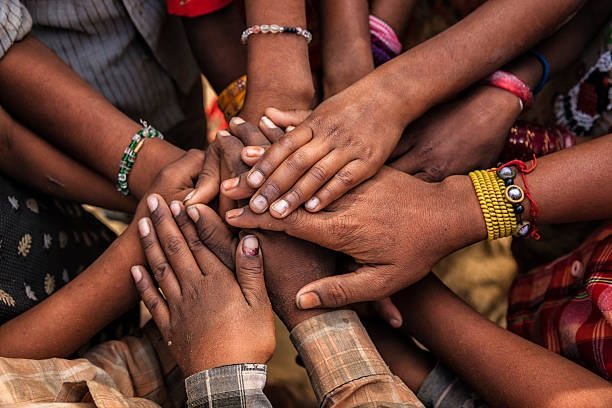By Naghma Mulla
For too long, the social sector has measured progress based on output instead of impact such as counting meals served, schools built, or lives “touched.” While these numbers provide reassurance and clarity, they rarely reflect the depth or longevity of change. Real progress cannot solely be captured in spreadsheets. It takes root through trust, time, and the strengthening of institutions and communities.
Rethinking Philanthropy Metrics
India’s philanthropic landscape is expanding at a fast pace. Private giving grew by nearly 7% in FY2024 reaching Rs 131,000 crore (around $16 billion). But the frameworks used to evaluate this generosity haven’t kept pace. Many funders still ask: “How many?”— how many people reached, how many assets created—when the more pressing question is: “To what end?” – Are communities more self-reliant? Are systems stronger? Are these changes built to last?
Beyond Short-Term Gains
While short-term indicators can reveal rapid gains, they neglect the complex nature of social transformation. Interventions need to adapt along with the systems that they aim to enhance. A school built today doesn’t guarantee learning; a clinic doesn’t ensure sustained health. The lack of investment in capacity and resilience-building in organizations that deliver such services will risk the formation of superficial structures lacking foundation strength.
Funding-Time Misalignment
In industries such as healthcare and education, where change takes decades, short-term funding introduces asynchrony between timelines of support and timeline of change. Nonprofits tend to get forced into cycles of survival, having to prioritize deliverables over deeper outcomes.
Misfit Measurement Models
Impact measurement models make this worse as they are often based on corporate performance indicators which value efficiency, speed, and scale. But social transformation does not follow quarterly timelines. A rural education initiative may not immediately improve test scores. However, it could make an immense on-ground impact by silently laying the foundation for generational change. Shifts like these are essential for sustainable progress but difficult to quantify.
Counting Beyond Numbers
Judging nonprofits only based on numbers reported by them, often diminishes subtler functions such as building trust and encouraging participation to increase local capacity. We need to move from metrics that focus on scale to those that value depth.
Redefining Success Metrics
More than focusing on what is achieved, success must be based on how and why it matters. This begins by asking different questions: Is the organisation becoming more self-sufficient? Has it managed to shift mindsets or influence systems?
Evaluating Change Cycles
Traditional evaluation is usually performed when a programme ends. This treats change like a corporate product. Social change, however, is cyclical in nature. It is often accompanied by ripple effects and unforeseen consequences. In such a case, it is essential for the evaluator to act as a co-learner and not just a referee. Excess focus on short term indicators can hide second- and third-order changes like a positive change in teacher practice which promotes long term learning even if current test scores don’t improve.
Trust-Based Grantmaking
This is where trust-based philanthropy comes in. It reimagines impact measurement as a way to collaborate and learn instead of a control measure. In this model, funders commit to multi-year, unrestricted grants based on their confidence in an NGO’s vision. It is characterised by risk sharing, continuous adapting and reflecting on progress together.
Embracing Flexible Funding
Several organizations are beginning to adopt this approach. They offer flexible funding that allows nonprofits to hire staff, build infrastructure, and meet requirements when they arise. These funders back the strategies of their partners, instead of allotting every rupee to a line item. This is called a “pay-what-it-takes” mindset. It creates a safe space for grantees to share their failures and successes.
Learning From Government
We can also get such lessons from government models. NITI Aayog’s Aspirational Districts program shows us the power of goals and public dashboards that focus on outcomes over outputs. The pandemic and climate crisis show the dire need for India to have adaptive and resilient systems. They serve as a reminder that equity and sustainability cannot be imposed overnight.
Valuing Intangible Impact
True impact is often found in intangibles: a farmer’s confidence after surviving a drought, or a community’s sense of safety after forming a union. Outcomes like these can only be supported when funding is patient and participatory.
Empowering Local Visions
Indian philanthropists and civil society leaders have the capability to do their part and redefine success. Invest in grassroot visions, not just deliverables, while committing to mutual learning. Only then will Indian philanthropy be able to bring about true systemic progress and empowerment.
Future With Purpose
The invitation is clear: let us move beyond “just” dashboards and quarterly reports, and into a future where giving is guided by trust, shared purpose, and the long arc of transformation.
About the Author
By Naghma Mulla, CEO, Edelgive Foundation
(India CSR)







